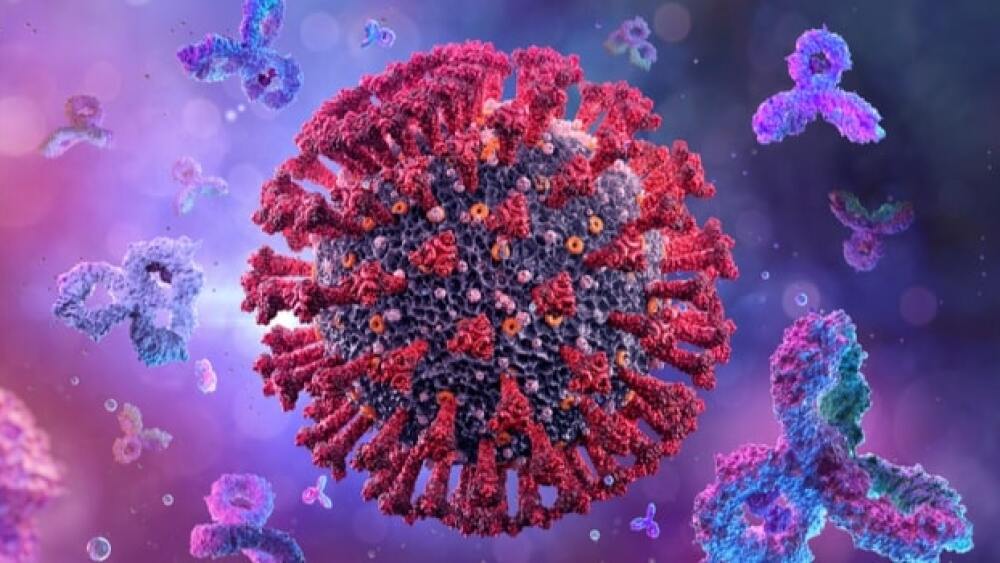While women are more statistically susceptible to autoimmune diseases, the research found that men with at least a mild COVID-19 infection had far more autoantibody (AAB) reactivity.
As SARS-CoV-2 continues to disrupt our world with surging cases, the illness does more than cause a week or two of symptoms for many. As many as 30% of COVID-19 patients experience extended side effects for months—“long COVID.” Recent studies have found that the antibodies produced by our immune systems are the likely culprit.
A new study from a team in California dug in deeper, examining the differences between the sexes in the long-hauler response to SARS-CoV-2 infection. While women are more statistically susceptible to autoimmune diseases, the research found that men with at least a mild COVID-19 infection had far more autoantibody (AAB) reactivity. Yet, in asymptomatic cases, women showed a higher AAB reactivity rate than men. Disease-associated AABs are important biomarkers used to diagnose autoimmune disease.
The team studied 3,688 healthcare employees in Los Angeles County who had symptoms related to COVID-19 in the previous six months. Of that group, 177, or 5%, showed positive for the antibody to the nucleocapsid protein of SARS-CoV-2. The study showed that even when the initial illness was not severe, a broad AAB response was seen, triggering lingering side effects for the patients.
Elevated autoantibody levels in these patients led to attacks on organs and tissues, resulting in chronic inflammation and injuries to the joints and nervous system.
“We would not normally expect to see such a diverse array of autoantibodies elevated in these individuals or stay elevated for as long six months after full clinical recovery,” said Dr. Susan Cheng, M.D., of the Cedars-Sinai Smidt Heart Institute in Los Angeles.
Previous research found that the lingering antibodies attack the angiotensin-converting enzyme 2 (ACE2), which helps regulate the body’s response to the virus. The research team believes this antibody attack on ACE2 is a probable cause of long COVID.
Long COVID has caused a host of lasting issues for patients affected, including extreme fatigue, breathlessness, chest pain, difficulty concentrating and more. Studies suggest that vaccines reduce the risk of long COVID first by preventing infection and decreasing the risk of lingering implications for breakthrough cases.
The LA team continues to review their data to study the link between autoantibody elevations and long COVID, including new variants of the virus, to see if the mutations have impacted these findings.
“We don’t yet know how much longer, beyond six months, the antibodies will stay elevated and/or lead to any important clinical symptoms,” Cheng said. “It will be essential to monitor individuals moving forward.”
SARS-CoV-2 has caused over 293 million cases of COVID-19 worldwide and claimed more than 5.45 million lives.






